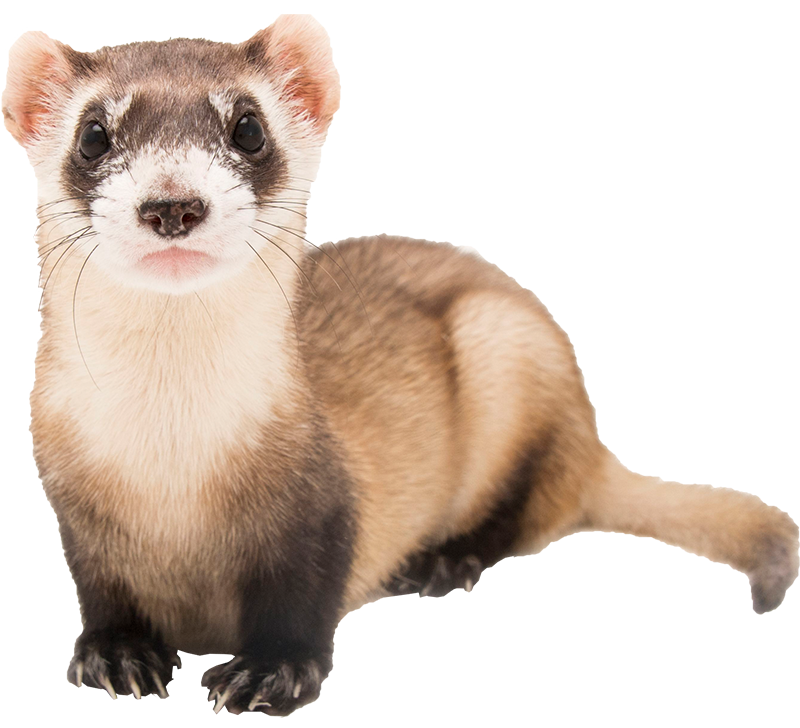
Clone from Genes Frozen 30 Years Ago Gives Endangered Species New Hope
Scientists have taken a bold step in their efforts toward wildlife conservation. Elizabeth Ann, who was made from cells of Willa, another black-footed ferret who lived more than 30 years ago, is the first US endangered animal to be cloned.
She was born with the help of a surrogate mother in December of 2020 and was revealed to the world in February of 2021. It is the scientists’ hope that she will one day be able to mate and might help to continue on this endangered species.
The black-footed ferret is actually one of North Americas most endangered species. They were declared extinct in 1979, but after a rancher in Wyoming discovered a small population of the of 7 ferrets living on his land in 1981, a breeding program was started.
All current black-footed ferrets are descended from this single population – something that poses unique challenges for recovering a species, as a lack of genetic diversity poses the increased risk of disease and abnormalities. This is precisely why Elizabeth Ann might be so important. Her genetic makeup could help to diversify the species.
“Genomics revealed the genetic value that Willa could bring to her species,” added Ryan Phelan, the executive director of conservation organization Revive & Restore, which was involved in the project. “But it was a commitment to seeing this species survive that has led to the successful birth of Elizabeth Ann. To see her now thriving ushers in a new era for her species and for conservation-dependent species everywhere. She is a win for biodiversity and for genetic rescue.”
Elizabeth Ann is not the first mammal to be cloned. Dolly the Sheep, who was born in 1996, was the first mammal to ever be cloned from the cells of an adult animal. Since Dolly’s birth, other mammals including dogs, cats, horses, and rabbits have been cloned, but, even still, researchers are not completely sure of the adverse side effects of cloning.
Nonetheless, black-footed ferrets were added to the list of cloned animals, as they have been so close to extinction for so long. 120 ferrets were even vaccinated against COVID-19 as an extra protection for their species. Elizabeth Ann is just the first of many black-footed ferrets scientists are hoping to clone, as they continue to search for ways to help endangered populations reach their full potential.


 Previous
Previous
